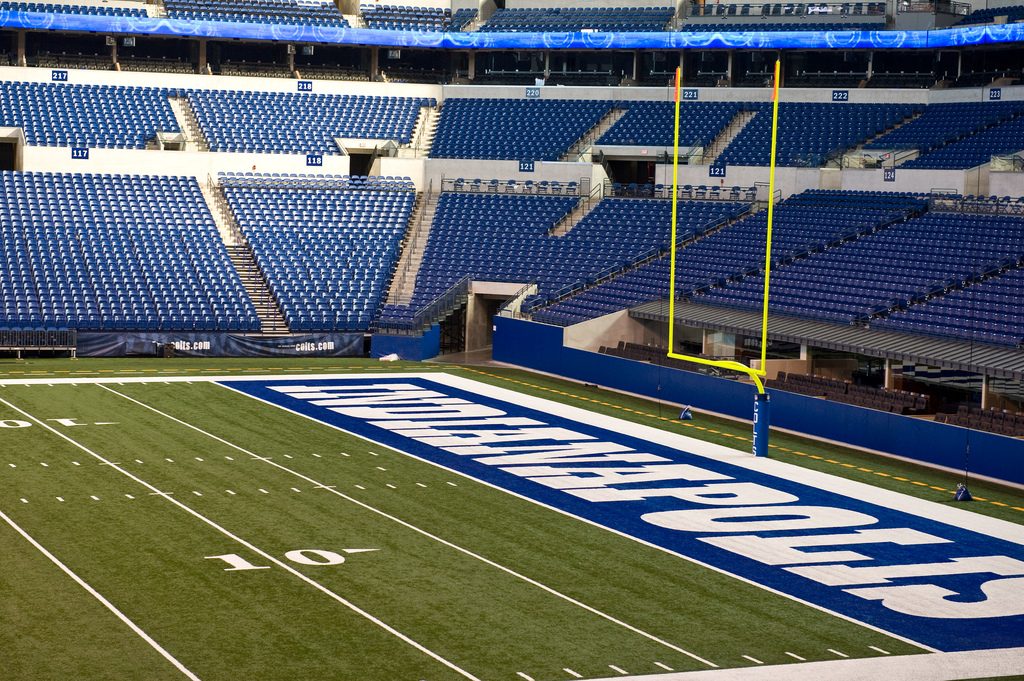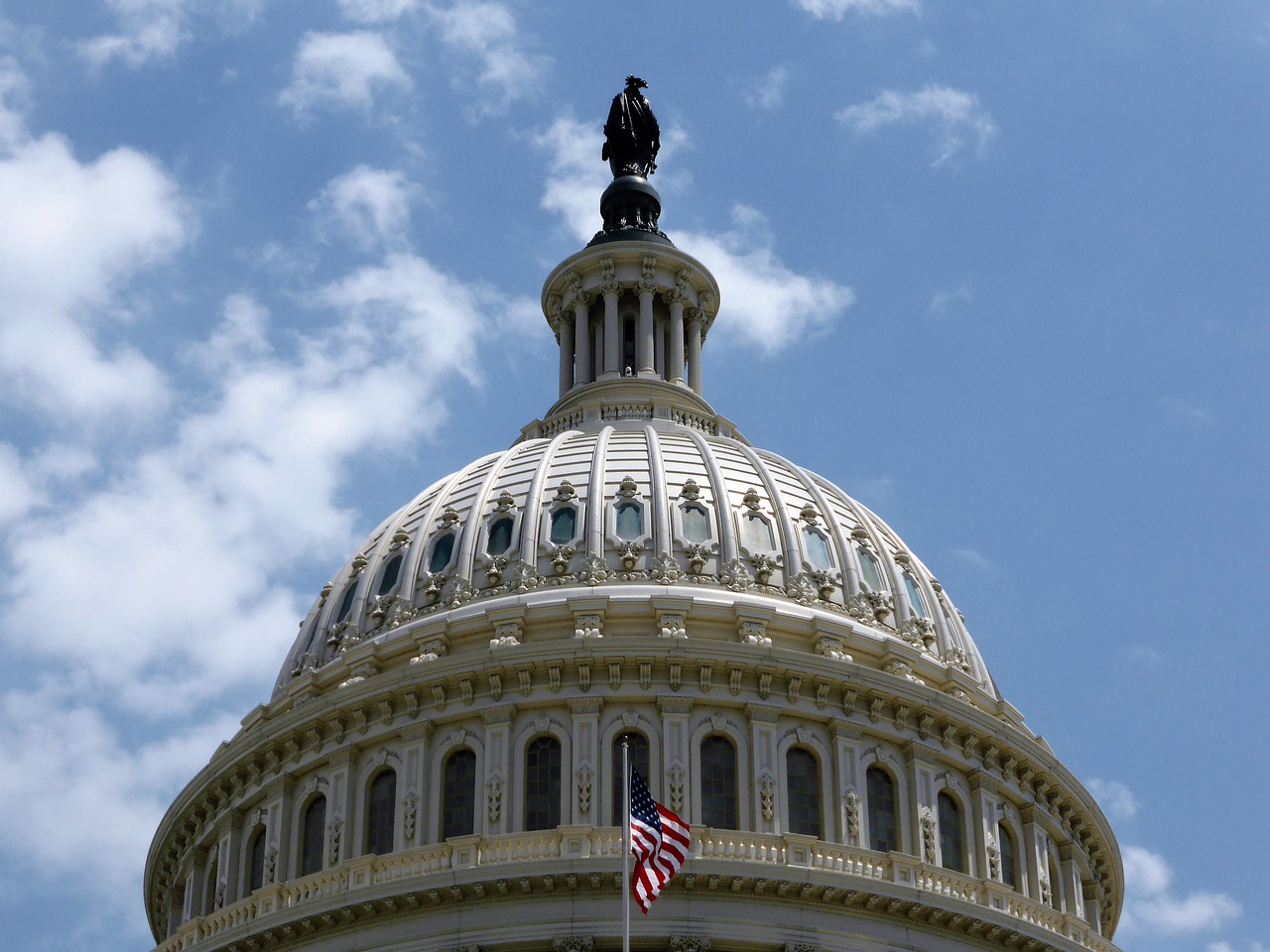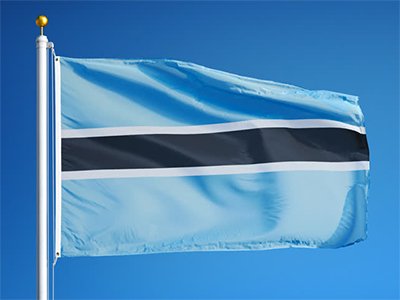Viewpoint: Colts Announcer Lamey’s Retirement Didn’t Solve Much
In 2018, nothing said or written is truly secret or personal. Every action taken by an individual can now be recorded and transmitted permanently for the world to see. This is not news to those who work in media and knowingly lose their right to privacy.
This was the case and point for long-time Indianapolis Colts announcer Bob Lamey, who retired from the team Tuesday morning after news broke he repeated a racial slur during an off air conversation. Lamey acknowledged his use of the unspecified slur, explaining how he was retelling a story to a friend. An employee at the radio station leaked the conversation after Lamey asked him if the microphones were off before telling his story.
The employee who reported the incident stated that Lamey “asked if the mics were off and I said, ‘Yeah, I turned everything off. You’re fine.” When those actions were taken by both parties, this became a localized incident. Lamey did not seek to preach hate to his listeners, and he did not carelessly express negative views while unknowingly on the air. Lamey attempted to have a private conversation about a topic of his own right and choosing and in doing so lost his job of 44 years at the age of 80.
The employee who revealed Lamey’s comments created a national issue out of a private conversation between two peers. Regardless of whether his views were negative or not, Lamey has the right to speak when he chooses. Social media has allowed groups of like-minded individuals to have an easier way to connect and express opinions; in turn, allowing the public to prosecute individuals in their careers. In Lamey’s case, he chose resignation over the public backlash he would have received from those who would not have agreed with him.
Conversely, the scrutiny from social media can be viewed positively, when certain groups are shown in the spotlight in a similar manner as Lamey. Just over a year ago, white nationalists marched on Charleston, Virginia to express their views of a supreme race. The views were meant to incite hate against another group. Many of the members of these nationalist groups were photographed, distributed across social media, and eventually terminated from their careers or education.
Without equating the hatred from either party, the Charleston march and Lamey incident are of the same nature. Both incidents had groups with opinions and each faced consequences that were similar. Bob Lamey will no longer be the voice of the Indianapolis Colts, and unfortunately most fans won’t even notice. Bob Lamey is just another name to fall on social media’s death row list. When Week One of the NFL season begins, fans won’t be thinking of Lamey; and players of color won’t feel more safe in the streets now that Lamey isn’t present.
Lamey’s resignation did not offer any solutions to racism or controversy. A respected sports figure’s name is now tarnished as a result of a greater fight, and it’s bound to happen to another great sports figure in the near future.




